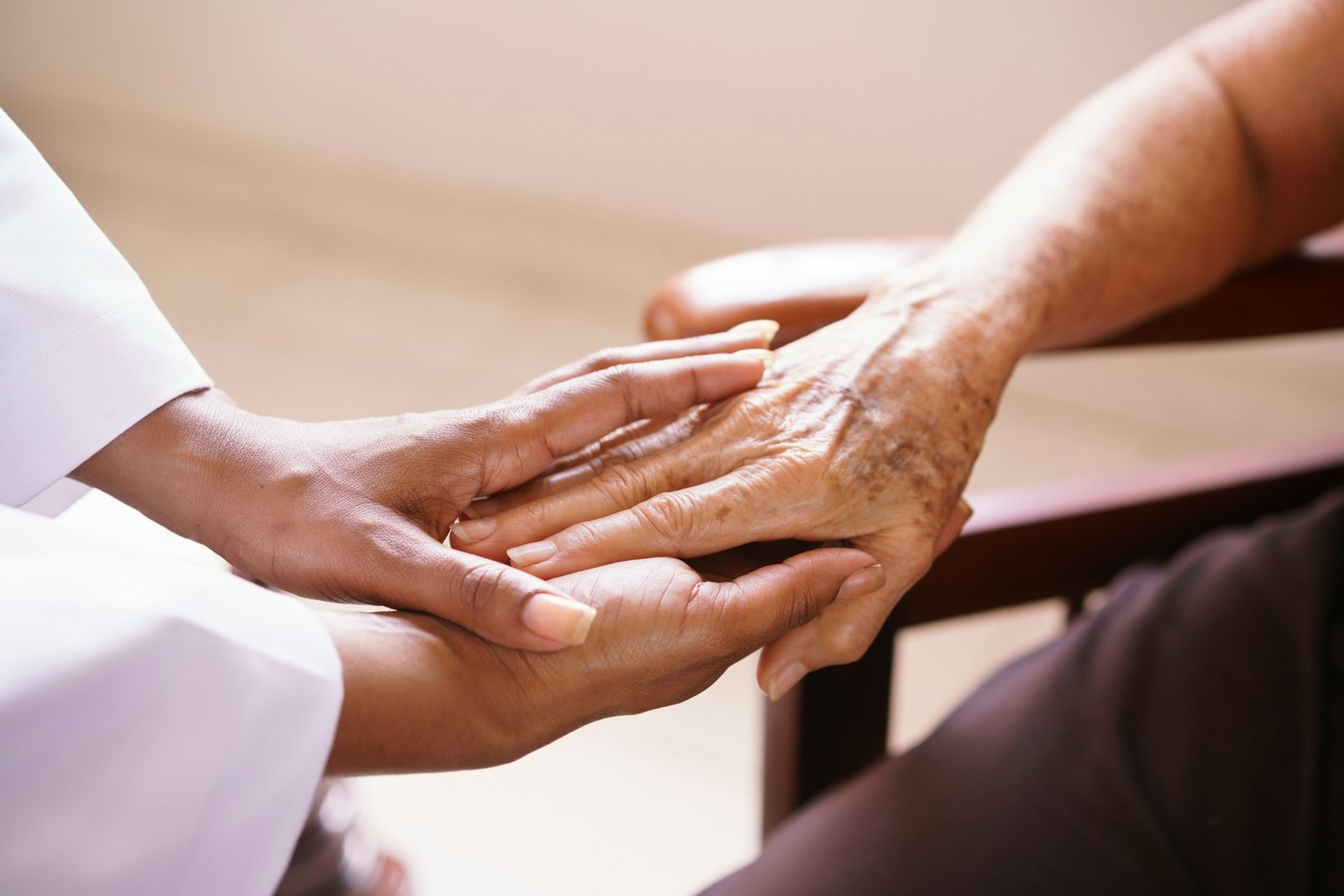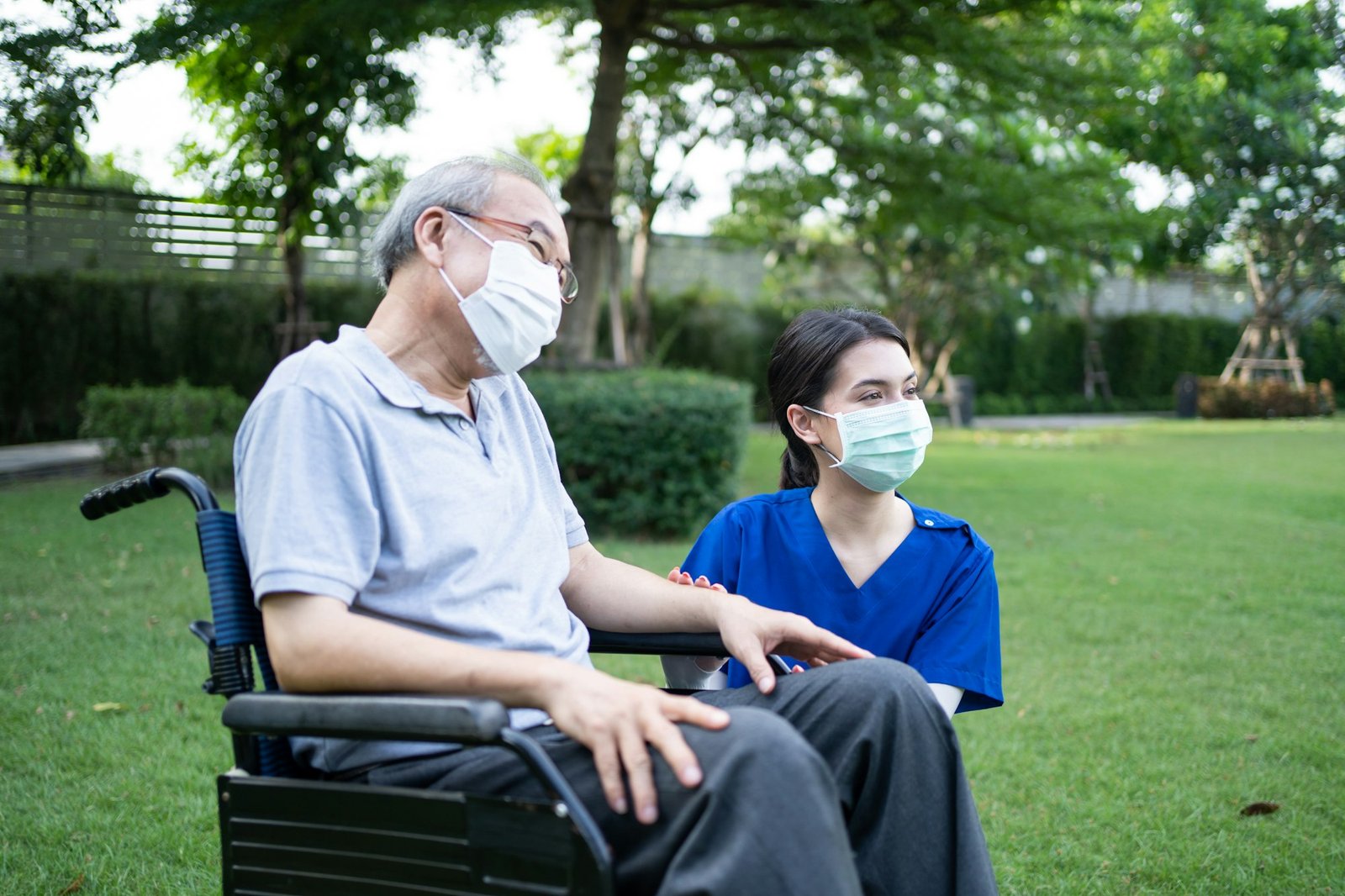Facing the end of life, whether for yourself or a loved one, can be overwhelming and filled with uncertainty. You may have encountered the term “actively dying,” but its full meaning might not be clear. This article aims to define what actively dying means, how to recognize its signs, and how to support someone through this final stage.
We’ll explore the stages of dying, from early signs 40 days before death to the last 24 hours, and offer guidance on providing the right kind of care and support. Understanding this process can bring clarity and comfort during a difficult time.
What Does “Actively Dying” Mean?
“Actively dying” refers to the final stage of life, during which the body begins to shut down. This stage typically lasts from a few hours to three days, though it can vary. Signs may include restlessness, anxiety, and even hallucinations.
End-of-Life Signs and Symptoms
Each individual experiences end-of-life differently, and the timing of symptoms can vary. Common signs of active dying in adults include:
- Pain
- Difficulty breathing
- Fatigue
- Decreased appetite
- Anxiety or confusion
- Low blood pressure
End-of-Life Stages
The dying process can be divided into stages, with different symptoms presenting at each phase.
Early Signs (40 to 14 Days Before Death)
In the early stages of dying, subtle changes might occur, including:
- Disinterest in the outside world: The person may withdraw from others and lose interest in daily activities like eating, talking, or watching TV.
- Mood changes: Feelings of depression or irritability may surface as they disengage from decision-making and social interactions.
- Increased sleep: Fatigue becomes more pronounced, and they may spend more time sleeping or resting.
- Increased confusion: Cognitive decline may become apparent, with the person appearing unsure of themselves or their surroundings.
- Reduced physical ability: They may become weaker, lose coordination, and fall more frequently.
- Decreased appetite: As digestion slows down, they may eat less or stop eating altogether.
24–48 Hours Before Death
As the body prepares to shut down, the following signs may appear:
- Reduced circulation: Hands, feet, and limbs may feel cool to the touch as blood flow decreases. Skin may appear blue or mottled.
- Anxiety and fear: Emotional distress may increase, with some expressing these feelings non-verbally.
- Restlessness: A period of mental and physical agitation, often called “terminal restlessness,” may occur.
- Hallucinations: Some people experience visions or talk to individuals who are not present.
- Stopped eating and drinking: At this stage, the digestive system has nearly shut down, and the person may refuse food and fluids.
Last 24 Hours Before Death
In the final hours, physical decline becomes more pronounced:
- Vital signs fading: Body temperature, pulse, and blood pressure drop, and the senses become diminished.
- Changes in breathing: Breathing becomes irregular, sometimes with pauses (Cheyne-Stokes breathing), and a rattling sound may occur as mucus builds up in the lungs.
- Loss of consciousness: The person may drift in and out of consciousness before becoming completely unresponsive.
When to Call Hospice
If a loved one is diagnosed with a terminal illness and has less than six months to live, hospice care may be the best option. Signs that it’s time to call hospice include frequent hospital visits, weight loss, increased falls, or a noticeable decline in physical and mental abilities.
Hospice services, often covered by insurance, provide comfort and support for both patients and their families. They offer:
- Pain relief and symptom management
- Emotional and spiritual support
- Assistance with daily tasks and mobility issues
- Guidance on the dying process and grief management
How to Support a Loved One Who is Actively Dying
Providing physical and emotional support during the dying process is essential. Some ways to help include:
- Physical support: Keep your loved one comfortable by helping them stay hydrated, adjusting their position, and maintaining a peaceful environment.
- Emotional and spiritual support: Encourage conversation, hold their hand, or quietly play their favorite music. Respect their feelings and thoughts, and give them space to say goodbye if they wish.
Coping With Anticipatory Grief
Grieving the impending loss of a loved one is natural. This is called anticipatory grief, and some strategies to cope include:
- Talking to friends, family, or a therapist
- Journaling to process your emotions
- Maintaining a balanced diet, exercise, and regular sleep
- Taking time to acknowledge your feelings and not suppress them
Conclusion
Understanding the stages of the dying process can offer comfort and clarity during this emotional time. While death is a natural part of life, knowing what to expect can ease some of the fear and confusion. Allow yourself to grieve, and remember that hospice care is there to provide support every step of the way.





